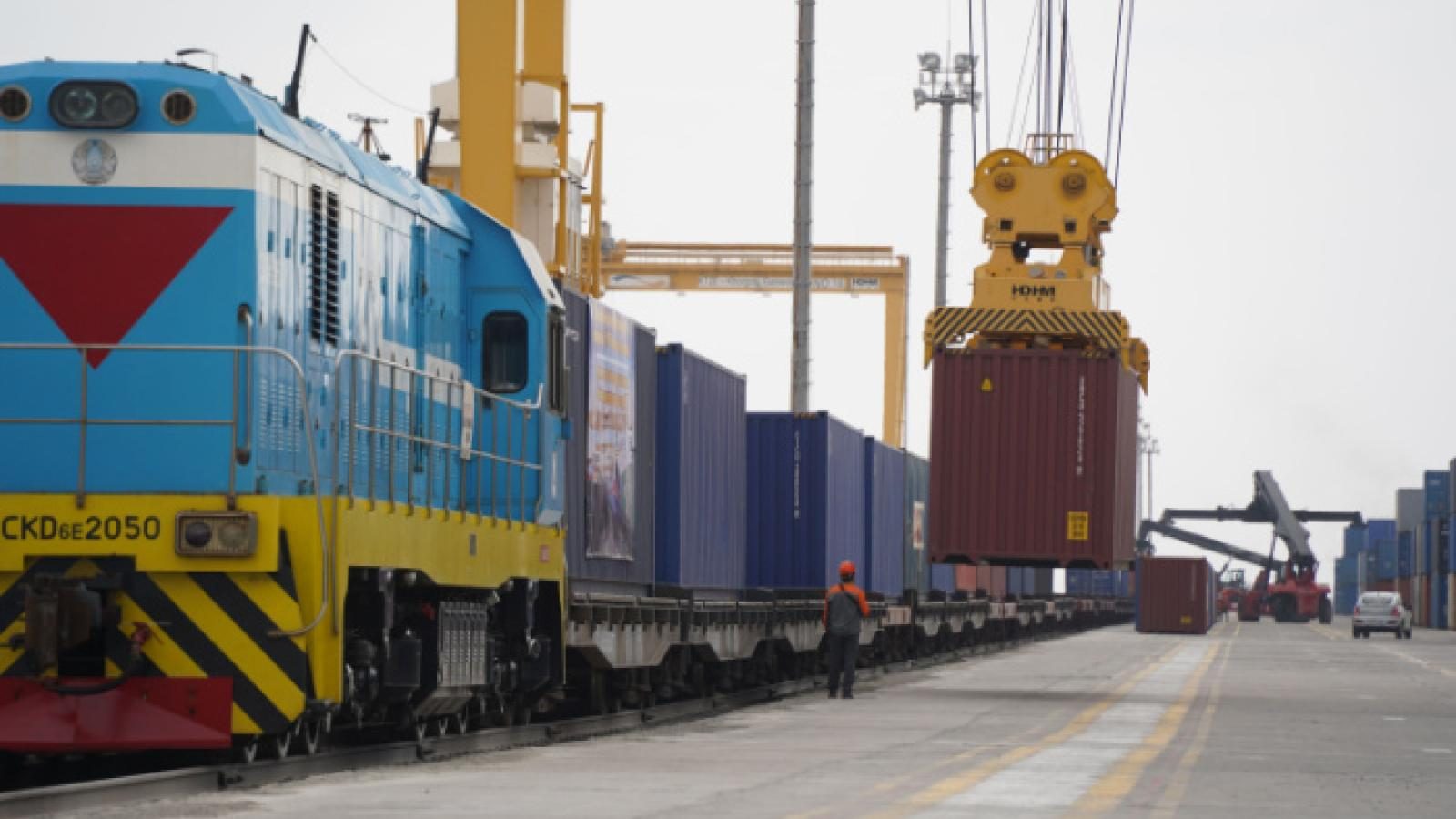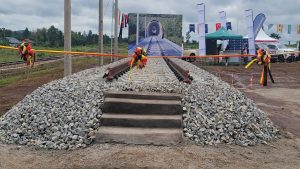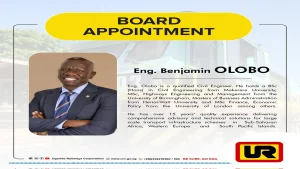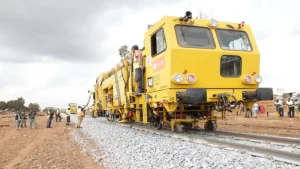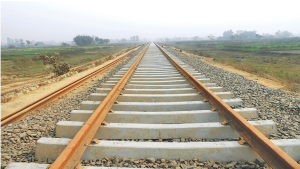Share
Citing the potential benefits of such partnership, a well-known transport consultant has encouraged the government to investigate the prospect of enabling private enterprises to operate railway transport services using government infrastructure.

Uganda currently has a 1,250-kilometer constructed rail network, but only around 20 percent of this infrastructure is in use; the rest is either idle or abandoned.
Less than 2% of cargo transportation and less than 1% of passenger services in the nation are provided by the railway industry, according to Paul Power, a consultant with Consultrans SAU, a worldwide transport management and consulting organization. There is an urgent need for incentives to promote increased rail transport usage notwithstanding the capacity that is currently in place.
In contrast to other forms of transportation, rail transit has minimal power consumption and carbon emissions, which highlights the importance of rail transportation to the economy. Drawing comparisons with industries such as electricity and telecommunications, Power promoted private sector participation in railway operations, especially through rolling stock investments to reduce financial strain on governments.
In her role leading Uganda Railways Corporation’s Capacity Building Project, which is responsible for revitalizing the state-owned enterprise, Power emphasized the necessity of a finance framework to sustain the railway industry. Following the lead of other nations, he proposed government subsidies to cover operating costs because railroads are not anticipated to turn a profit.
In her role leading Uganda Railways Corporation’s Capacity Building Project, which is responsible for revitalizing the state-owned enterprise, Power emphasized the necessity of a finance framework to sustain the railway industry. Following the lead of other nations, he proposed government subsidies to cover operating costs because railroads are not anticipated to turn a profit.
Uganda Railways Corporation is pursuing a number of initiatives, including infrastructure upgrades and rehabilitation funded by the African Development Bank, in response to these difficulties with the goal of rejuvenating the industry. The company’s chief of communications, John Lennon Sengendo, emphasized the possibility of recovering investments and broadening the network’s reach while reiterating the necessity for government funding.
